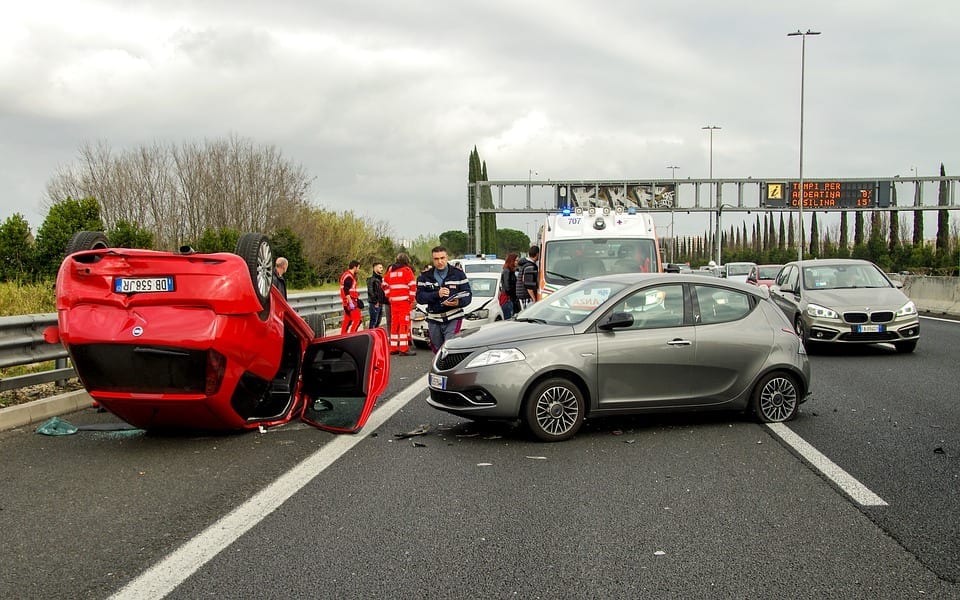“If the person dies, the companies face a cost of possibly $5 million if they lose. But, if the person lives with serious injuries, the company faces the possibility of $25 million if they lose. So, it is cheaper if they die.”
In 2007, Paula Lawlor held a national conference on rollover crashes. 1
At the time, I had recently retired from NHTSA, after nearly 30 years of auto safety research, hoping to advance URGENCY software to improve emergency medical care for crash victims. 2, 3, 4
During my last weeks at NHTSA, I learned that CDC was issuing new Triage Guidelines for crash victims. What I was shocked about, and could not understand, was why an indicator of potential serious injury, “rollover and extrication,” had been removed from the widely used Triage Guidelines.
“Rollover and extrication” had been in use by the Emergency Medical Community for nearly 20 years.
During a coffee break at the Conference, I was sitting with people I did not know. But I asked: “Does anyone know why GM and Toyota would ‘donate’ to the CDC Foundation $250,000 each, to remove “Rollover and extrication” from the Triage Guidelines?”
A man next to me looked at me as though I was naïve. He took a long breath and said: “Well, there are a few things you need to know.”
“First, auto companies have a long list of outstanding rollover crash lawsuits against them.”
[In my mind, I thought, “That makes sense because there are about 10,000 rollover fatalities each year and perhaps about 40,000 serious injury (brain, paraplegia, etc.) crashes each year.”]
“Second, since ‘Rollover and extrication’ have been in the American College of Surgeons’ Triage Guidelines for many years, it presents the companies with a legal hurdle that they have to overcome in court.”
[In my mind, I thought, “I did not know that, but it makes sense.”]
“Third, if the person dies, the companies face a cost of possibly $5 million if they lose. But, if the person lives with serious injuries, the company faces the possibility of $25 million if they lose. So, it is cheaper if they die.”

[In my mind, I thought, “That was over the top. Auto companies would not be so mercenary.”]
We exchanged business cards. Months later, I asked a noted lawyer and safety advocate about this conversation and whether or not this was believable. She asked his name. When I told her, she said “Yes, he was one of the foremost rollover trial lawyers in the country.”
I emailed him asking permission to quote him. He wrote back “No.”
Recently, a well-regarded editor told me I could tell the story without quoting the trial lawyer by name because it is factually correct and known in the legal community to be the case.
Legal Reader published my article with data on GM’s record on Emergency Medical Care and crash deaths. So much tragedy. 5
Now comes a new private, for profit, company RapidDeploy that partners with OnStar, Google, AT&T, ESRI, and other companies to “Transform U.S. Emergency Response Systems”. 6
The potential for life saving is huge. But, so is the potential for harm. As ever, the need is for Transparency, Truth, and Trustworthiness. 7
The responsibility for assuring life-saving effectiveness also requires research, governmental regulatory review, performance standards, enforcement, and an ever watchful media and informed citizenry.
Hopefully, future lawyers and activists can make greater progress in preventing vehicle tragedies than the work I have been privileged to do.
References (Live Links to Documents)


Join the conversation!